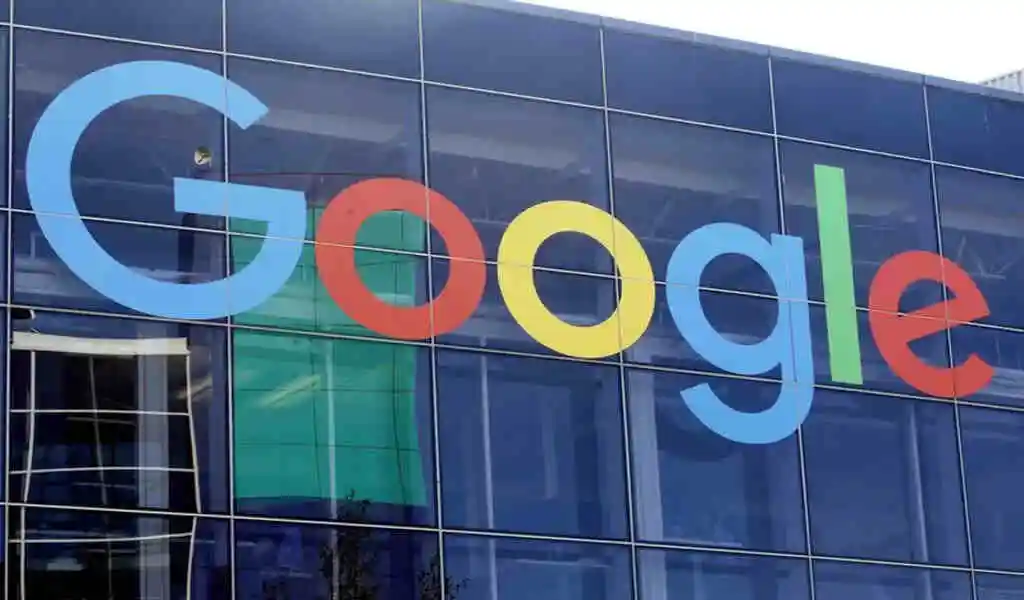Business
Google Falling Short Of Important Climate Target, Cites Electricity Needs Of AI

Three years ago, Google announced an ambitious aim to combat climate change by becoming “net zero,” which means emitting no more climate-changing gases into the atmosphere than it removes by 2030.
However, a study released by the corporation on Tuesday showed that it needs to fulfill that target.
Rather than dropping, emissions increased by 13% in 2023 compared to the previous year. Emissions have increased by 48% from 2019, the baseline year.

Google | PixaBay Image
Google Falling Short Of Important Climate Target, Cites Electricity Needs Of AI
Google attributed last year’s spike to artificial intelligence and the increased demand for data centers, which consume vast amounts of electricity.
Burning coal or natural gas to produce electricity creates greenhouse gas emissions, such as carbon dioxide and methane, which warm the globe and cause more extreme weather.
The corporation has made one of the most significant climate commitments in the sector and is recognized as a leader.
Lisa Sachs, director of the Columbia Center for Sustainable Investment, believes Google could do more to work with cleaner industries and invest in the electricity infrastructure.
“The reality is that we are far behind what we could already be doing now with the technology that we have, with the resources that we have, in terms of advancing the transition,” according to her.
Google Chief Sustainability Officer Kate Brandt told The Associated Press that reaching net zero by 2030 is a tremendously ambitious target.
“We know this is not going to be easy and that our approach will need to continue to evolve,” says Brandt, “and it will require us to navigate a lot of uncertainty, including this uncertainty around the future of AI’s environmental impacts.”
According to some scientists, the fast-rising data centers required to power AI endanger the transition to clean electricity, which is critical for combating climate change. That’s because a new data center can either delay the closing of a fossil-fuel power plant or drive the construction of a new one. Data centers are not only energy-intensive, but they also require high-voltage transmission cables and large volumes of water to stay cool. They’re also noisy.
They are frequently developed where electricity is cheapest, rather than where renewables like wind and solar are a major energy source.
The International Energy Agency estimates that global data center and AI electricity usage will triple by 2026.
The growth of data centers is also putting pressure on the sustainability strategies of other large technology companies. According to an environmental sustainability report released in May, Microsoft’s emissions increased by 29% above the 2020 baseline.
Tech businesses argue that artificial intelligence, including tools like ChatGPT, is not just contributing to climate change but also helping to mitigate it.
In Google’s case, this may mean analyzing data to forecast future flooding or improving traffic flow to conserve gas.
Amanda Smith, senior scientist at the environment NGO Project Drawdown, stated that anyone who uses AI — whether huge corporations or individuals simply creating memes — must do so ethically, which means utilizing energy only when it helps society.

Google | PixaBay Image
Google Falling Short Of Important Climate Target, Cites Electricity Needs Of AI
“It’s up to us as humans to watch what we’re doing with it and to question why we’re doing that,” according to Smith. “When it’s worth it, we can make sure that those demands are going to be met by clean sources of power.”
Google’s emissions increased last year, partly because the corporation used more energy: 25,910 gigawatt-hours more, up from the previous year and more than doubling the hours consumed just four years before. A gigawatt-hour is equivalent to the amount of electricity produced by a power plant servicing hundreds of thousands of households in one hour.
On the plus side, as Google’s usage increased, so did its use of renewable energy.
In 2020, the corporation stated that by 2030, it would meet its vast electricity demand entirely with clean energy. Last year, Google reported an average of 64% carbon-free energy for its data centers and offices worldwide. The corporation’s data centers are 1.8 times more energy efficient than the industry average.
Sachs, at Columbia University, complimented Google for its ambition and honesty, but said she hoped “that Google would join us in a more rigorous conversation about how to accelerate” renewable energy under the climate crisis, “so that it doesn’t get much worse before it starts getting better.”
SOURCE – AP




































